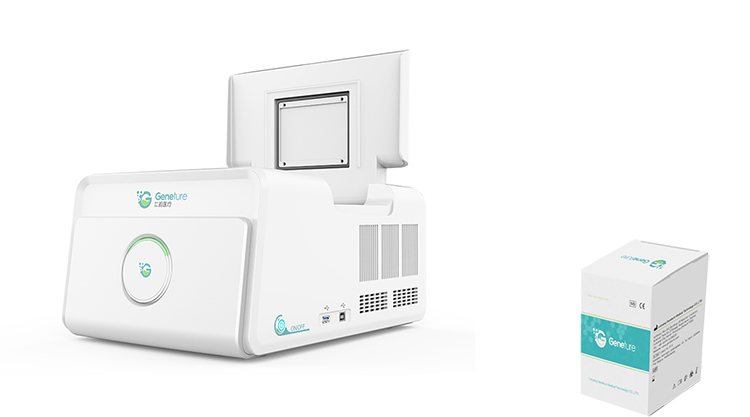What are PCR tests?
What are PCR tests?
PCR (polymerase chain reaction) tests are a fast, highly accurate way to diagnose certain infectious diseases and genetic changes. The tests work by finding the DNA or RNA of a pathogen (disease-causing organism) or abnormal cells in a sample.
DNA is the genetic material that contains instructions and information for all living things.
RNA is another type of genetic material. It contains information that has been copied from DNA and is involved in making proteins.
Most viruses and other pathogens contain DNA or RNA.
Unlike many other tests, PCR tests can find evidence of disease in the earliest stages of infection. Other tests may miss early signs of disease because there aren't enough viruses, bacteria, or other pathogens in the sample, or your body hasn't had enough time to develop an antibody response. Antibodies are proteins made by your immune system to attack foreign substances, such as viruses and bacteria. PCR tests can detect disease when there is only a very small amount of pathogens in your body.
During a PCR test, a small amount of genetic material in a sample is copied multiple times. The copying process is known as amplification. If there are pathogens in the sample, amplification will make them much easier to see.
Other names: polymerase chain reaction, rtPCR, reverse transcription PCR, qPCR, quantitative PCR, real-time PCR
How are they used?
PCR tests are used to:
Diagnose certain infectious diseases
Identify a genetic change that can cause disease
Find small amounts of cancer cells that might be missed in other types of tests
How do they work?
PCR tests work by:
Taking a sample of blood, saliva, mucus, or tissue
The sample will contain your own DNA and possibly the DNA of a pathogen or cancer cell.
The sample is put in a special machine. An enzyme called polymerase is added to the sample. This causes the sample to produce copies.
The copying process is repeated multiple times. After about an hour, billions of copies are made. If a virus or pathogen is present, it will be indicated on the machine.
Certain viruses, including COVID-19, are made up of RNA rather than DNA. For these viruses, the RNA must be changed into DNA before copying. This process is called reverse transcription PCR (rtPCR).
PCR and rtPCR check for the presence of a pathogen. Another type of PCR known as quantitative PCR (qPCR) measures the amount of pathogens in the sample. qPCR can be done at the same time as PCR or rtPCR.
GENETURE is a group company focus on the field of clinical diagnosis and life sciences,provide one stop solution of Nucleic Acid Extraction and Analysis.And also provide one stop solution of Pcr tests,including the PCR system and PCR Detection Kit. If you need more about PCR .Please feel free to contact
